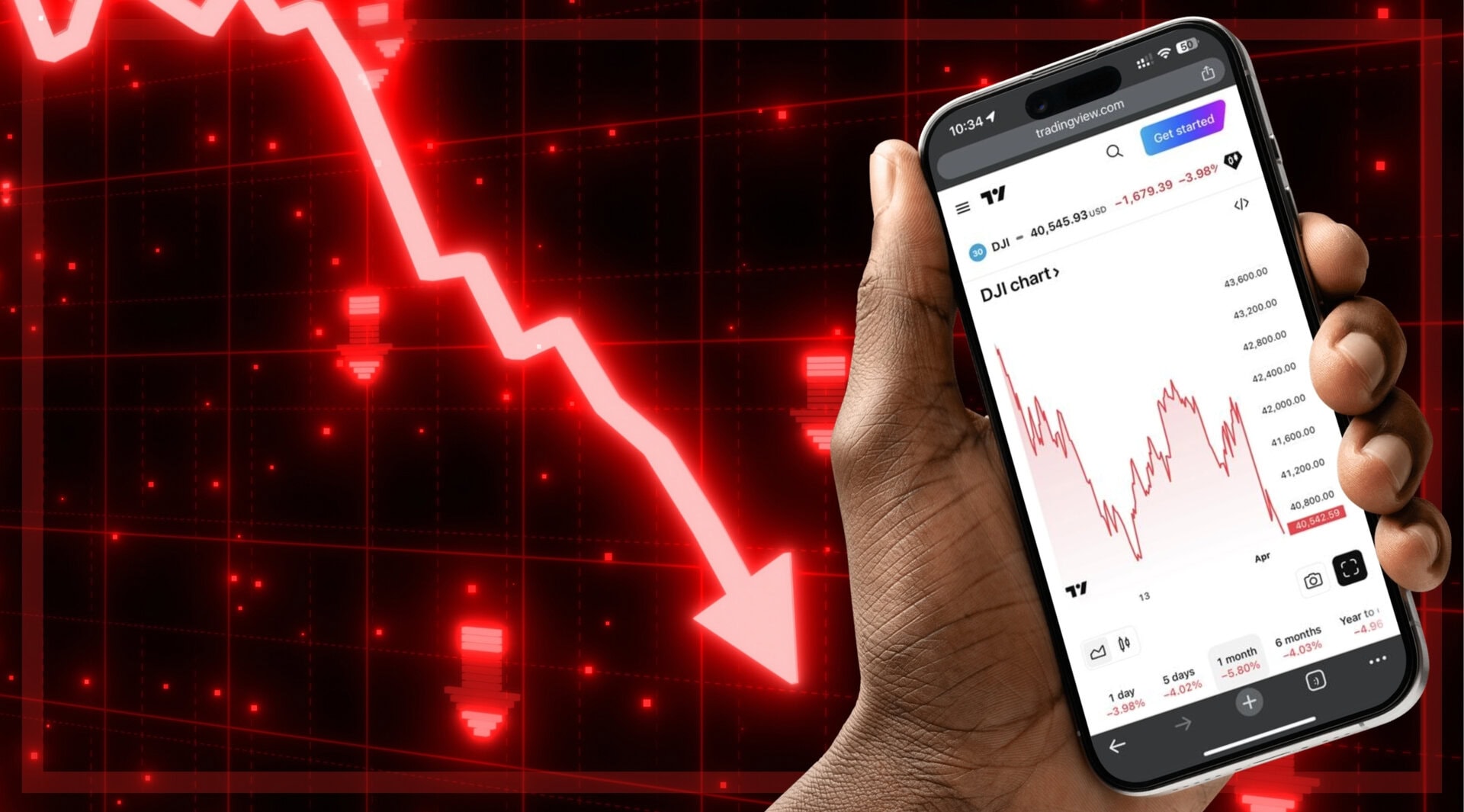The age of Covid has significantly increased the extent to which we live our lives online. As the globe shifted online in response to multiple lockdowns, digital assets, and technologies like cryptocurrencies, NFTs and the metaverse have taken on increasing prominence. Aiming to be a frontrunner in these new developments is South Korea. Even in these initial stages of the metaverse, the Asian country has laid strong foundations as it aims to become a global leader in the metaverse space – and they are already profiting.
With the launch of four metaverse exchange-traded funds (ETFs) in October 2021, Bloomberg reported that South Korea’s rapid growth within the global ETF market had seen them reach $100 million in assets in under two weeks. With the same report suggesting a boom in metaverse interest – stemming from Facebook’s transition to Meta Platforms – and predicting that the metaverse market will reach $800 billion by 2024, South Korea is clearly driving in the right direction.
In the same report, Bloomberg also stated that South Korean ETF stocks had risen by at least 24% in the first month of release, and that they had “brought in combined inflows of around $300 million in 2021, with an expected rise to $600million by the year’s end.” Alongside strong EFT performances, the Bank of Korea also released a report in 2021 stating that they deem stablecoins to be a viable source for digital payments and as a basis for crypto-based ecosystems. This bodes well for South Korea.
As First Banking founder Ran Goldi previously predicted to DisruptionBanking, Central Bank Digital Currencies (CBDCs) may well represent the next stage in banking, as it will allow merchants to accept payments without being charged. The Bank of Korea’s suggestion that stablecoins may soon be used nationally is therefore a big step towards the country’s digital and metaverse ambitions.
Given this, it is perhaps little wonder that six of the ten best performing stocks in South Korea in 2021 were linked to the virtual world or NFTs. With South Korean President-Elect Yoon Suk-yeol recently pledging to make the nation a massive digital hub, by allowing Initial Coin Offerings (ICOs) and promising not to tax cryptocurrency gains up to $40,000, they are potentially making the industry even more appealing for investors and innovators.
Metaverse stock fans are finding that South Korea is a go-to Asian market to bet on the technology, with a host of exchange-traded products and shares up for grabs https://t.co/4CPcB6Jkem pic.twitter.com/WkWqFx2C7D
— Bloomberg Quicktake (@Quicktake) November 20, 2021
South Korea also announced in 2018 that there would be collaboration with China, to develop new blockchain technology. While being a strong American and Western ally, South Korea has historically been careful not to criticise or antagonise China too much – unlike Japan – and therefore benefits from a close economic relationship with the world’s largest economy. This could prove to be particularly useful as it pursues metaverse profits.
This kind of cooperation and investment runs parallel to the large amounts already being invested by private sector companies into blockchain development and research. Major players like Meta Platforms, Microsoft and Apple all taking the plunge into metaverse development. Meta, for example, has already invested $10 billion into development.
In a report published in November 2021, Grayscale Investments speculated that the metaverse could ultimately become a $1 trillion annual revenue investment and could rival Web 2.0 companies – which are currently worth $15 trillion in today’s market. One sector that is reported to profit massively from that is the gaming industry. Grayscale’s report estimates that gaming industry revenue could more than double from $180 billion in 2020 to $400 billion by 2025.
Crypto investment giant Grayscale said that the metaverse presents an over $1 trillion annual revenue market opportunity.
— CoinDesk (@CoinDesk) November 25, 2021
By @egreechee https://t.co/pkh8tt7SAq
As South Korean culture becomes more popular and prominent worldwide – thanks to phenomena like K-Pop and the country’s burgeoning film industry – gaming companies and metaverse developers have sought to incorporate it into their technologies. Gaming companies Krafton, Netmarble and Nexon are all investing and expanding into the metaverse, bringing with them existing cultural trends. Krafton is looking to incorporate NFT collectables into the hugely popular game PUBG, for example, while Netmarble and Nexon are looking virtual K-pop events.
Netmarble – which also owns 25% of Big Hit Entertainment, agents to South Korea’s biggest K-pop group (BTS) – is looking to expand on the already popular ‘Everybody’s Marble’ and reproduce it in the metaverse. They also announced plans to develop around a dozen new games that will use metaverse space and blockchain technology.
Given the increasing prominence of Korean culture worldwide, the scalability of such projects ins massive. Indeed, Netmarble predicts that over 80% of its income will be from global sales in 2022. 74% of Netmarble’s Q4 revenue for 2021 came from overseas, with Korea accounting for 22% of sales. North America is their biggest market, making up 43% of their Q4 sales. Korean companies will have an eye on global, not just domestic, markets for future metaverse game releases.
However, there are two potential problems to consider. The first is regulation. South Korea currently has a ban on all play-to-earn games and any that involve the use of NFTs. This is because of stringent gambling laws.
The second is environmental concerns. Even the K-Pop industry – which normally commands huge amounts of loyalty from dedicated fans – found resistance from fans over the issuing of NFTs. After seeing the sales of BTS member Jungkook’s photocards sell for $2,700 and then a record-breaking $3,213, many labels pushed ahead with NFT development.
However, fans retorted by emphasising NFTs detrimental impact on the environment. This is because NFTs usually run on the Ethereum blockchain, which is particularly energy-intensive. It is estimated that each Ethereum transaction has a carbon footprint of around 33.4 kilograms of carbon dioxide, and a single NFT around 48 kilograms. This is more than fourteen times the emission levels of simply mailing a piece of physical art. K-pop labels are already looking at more environmentally friendly ways to manufacture and sell NFTs to combat this problem.
K-pop fans can't get enough of merch sold by their favorite groups. But carbon-torching NFTs crossed the line, @Emma_Marris writes.https://t.co/7OUsj40QD9
— The Atlantic (@TheAtlantic) December 23, 2021
Despite these issues, South Korea is betting massively on the metaverse jump. The country understandably believes that, with appropriate regulation, new technologies could increase efficiency, boosting and streamlining the wider economy. With promising developments regarding NFT taxation, with the impressive growth in metaverse stocks, South Korea is well on the path to becoming a global metaverse hub. Should development be sustained at its current rate and should metaverse-lined products continue to perform strongly, South Korea’s digital future promises to be very bright.
Author: Sean Redmond
#NFTs #Blockchain #Crypto #SouthKorea #Metaverse #BankOfKorea #CBDCs #Ethereum #ETFs
















One Response
Very interesting and well articulated!